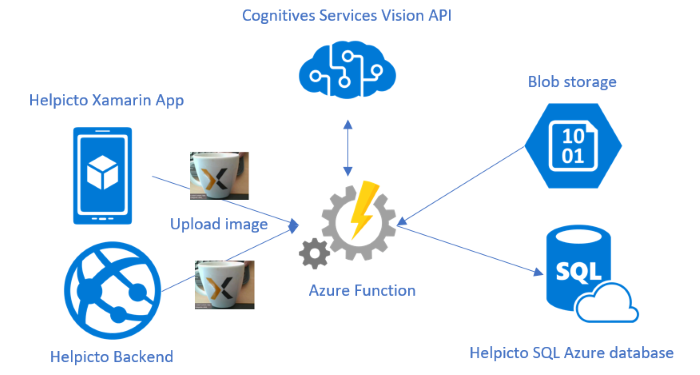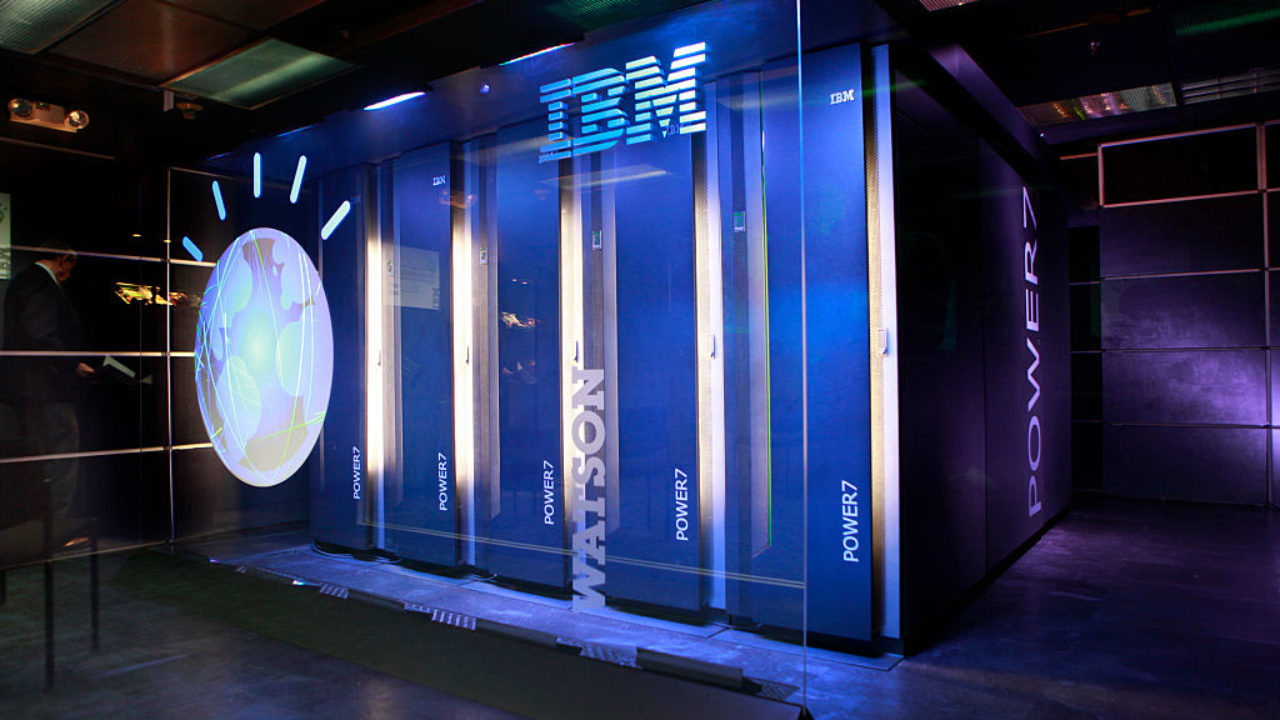
This article will cover the advantages and challenges of AI healthcare. AI will transform healthcare delivery by bringing new levels in clinical and economic intelligence. The growing availability of multi-modal data will facilitate the rapid adoption of AI systems for health care. In addition, the development of new AI applications will significantly increase patient safety. These breakthroughs could be of benefit in the areas both economics and health policy. AI will eventually improve health care quality, reduce cost, and produce better outcomes.
Artificial Intelligence, or AI (Artificial Intelligence) in healthcare
In order to improve patient care, key players in the healthcare sector are coming up with innovative ways to leverage AI. These strategies include partnership, mergers and acquisitions, and value-based healthcare. Aidoc, Imbio, and Aidoc have joined forces to improve the detection of pulmonary embolisms. Venture capitalists have begun to invest in more healthcare startups. Although the technology isn't new, it has only recently been mainstreamed.

Healthcare applications
Adoption is one challenge for AI in healthcare. Regulators must approve AI systems. EHR systems should be integrated and trained to support clinicians. They must also have a fixed price and be updated in real time. The long wait can be more expensive than initial investments in AI systems. And the challenges don't stop there: Healthcare providers will want to know the exact reasons that a specific image led to a diagnosis of cancer.
Challenges
Although AI is revolutionizing almost every industry, AI's use in healthcare is unique and untapped. Although AI can improve imaging and clinical decision-making as well as triage, there are ethical and logistical issues. Muhammad Babur, a program manager at the Mayo Clinic, will speak about the challenges facing healthcare organizations as AI technology gains ground. These challenges include navigating ethical and legal ramifications when AI is used in healthcare.
Benefits
AI can support physician support, information sharing, and precision medicine. AI systems can also be used by physicians to better track patient information. These tools can also be used to improve physician-patient ratios. The NHS is working to establish a national AI lab in 2019. Matt Hancock (Health secretary) recently pledged PS250million for AI's advancement in the healthcare field. There are concerns about AI's potential impact on healthcare. This article will give you an overview of some key issues that should be considered when considering AI's potential healthcare benefits.

An AI approach that is human-centred
Human-centred AI is about keeping the user experience at its core. When building AI products, the developers must first understand their target customers' demographics, needs, and preferences. By involving the end users, the developers can gather feedback and test the products to find out what they like and dislike. A human-centred artificial intelligence also aids in filling the diversity gap.
FAQ
Where did AI come?
Artificial intelligence was established in 1950 when Alan Turing proposed a test for intelligent computers. He suggested that machines would be considered intelligent if they could fool people into believing they were speaking to another human.
John McCarthy took the idea up and wrote an essay entitled "Can Machines think?" John McCarthy published an essay entitled "Can Machines Think?" in 1956. In it, he described the problems faced by AI researchers and outlined some possible solutions.
Who is the current leader of the AI market?
Artificial Intelligence, also known as computer science, is the study of creating intelligent machines capable to perform tasks that normally require human intelligence.
Today, there are many different types of artificial intelligence technologies, including machine learning, neural networks, expert systems, evolutionary computing, genetic algorithms, fuzzy logic, rule-based systems, case-based reasoning, knowledge representation and ontology engineering, and agent technology.
It has been argued that AI cannot ever fully understand the thoughts of humans. Recent advances in deep learning have allowed programs to be created that are capable of performing specific tasks.
Google's DeepMind unit, one of the largest developers of AI software in the world, is today. It was founded in 2010 by Demis Hassabis, previously the head of neuroscience at University College London. In 2014, DeepMind created AlphaGo, a program designed to play Go against a top professional player.
Why is AI so important?
It is expected that there will be billions of connected devices within the next 30 years. These devices will include everything from fridges and cars. The combination of billions of devices and the internet makes up the Internet of Things (IoT). IoT devices will be able to communicate and share information with each other. They will also be able to make decisions on their own. For example, a fridge might decide whether to order more milk based on past consumption patterns.
It is expected that there will be 50 Billion IoT devices by 2025. This represents a huge opportunity for businesses. But it raises many questions about privacy and security.
Statistics
- According to the company's website, more than 800 financial firms use AlphaSense, including some Fortune 500 corporations. (builtin.com)
- A 2021 Pew Research survey revealed that 37 percent of respondents who are more concerned than excited about AI had concerns including job loss, privacy, and AI's potential to “surpass human skills.” (builtin.com)
- In 2019, AI adoption among large companies increased by 47% compared to 2018, according to the latest Artificial IntelligenceIndex report. (marsner.com)
- Additionally, keeping in mind the current crisis, the AI is designed in a manner where it reduces the carbon footprint by 20-40%. (analyticsinsight.net)
- In the first half of 2017, the company discovered and banned 300,000 terrorist-linked accounts, 95 percent of which were found by non-human, artificially intelligent machines. (builtin.com)
External Links
How To
How to configure Siri to Talk While Charging
Siri can do many tasks, but Siri cannot communicate with you. This is because your iPhone does not include a microphone. If you want Siri to respond back to you, you must use another method such as Bluetooth.
Here's a way to make Siri speak during charging.
-
Under "When Using Assistive touch", select "Speak when locked"
-
To activate Siri, hold down the home button two times.
-
Siri can be asked to speak.
-
Say, "Hey Siri."
-
Speak "OK"
-
Speak: "Tell me something fascinating!"
-
Say "I'm bored," "Play some music," "Call my friend," "Remind me about, ""Take a picture," "Set a timer," "Check out," and so on.
-
Speak "Done."
-
If you'd like to thank her, please say "Thanks."
-
If you have an iPhone X/XS (or iPhone X/XS), remove the battery cover.
-
Insert the battery.
-
Assemble the iPhone again.
-
Connect the iPhone with iTunes
-
Sync the iPhone
-
Turn on "Use Toggle"